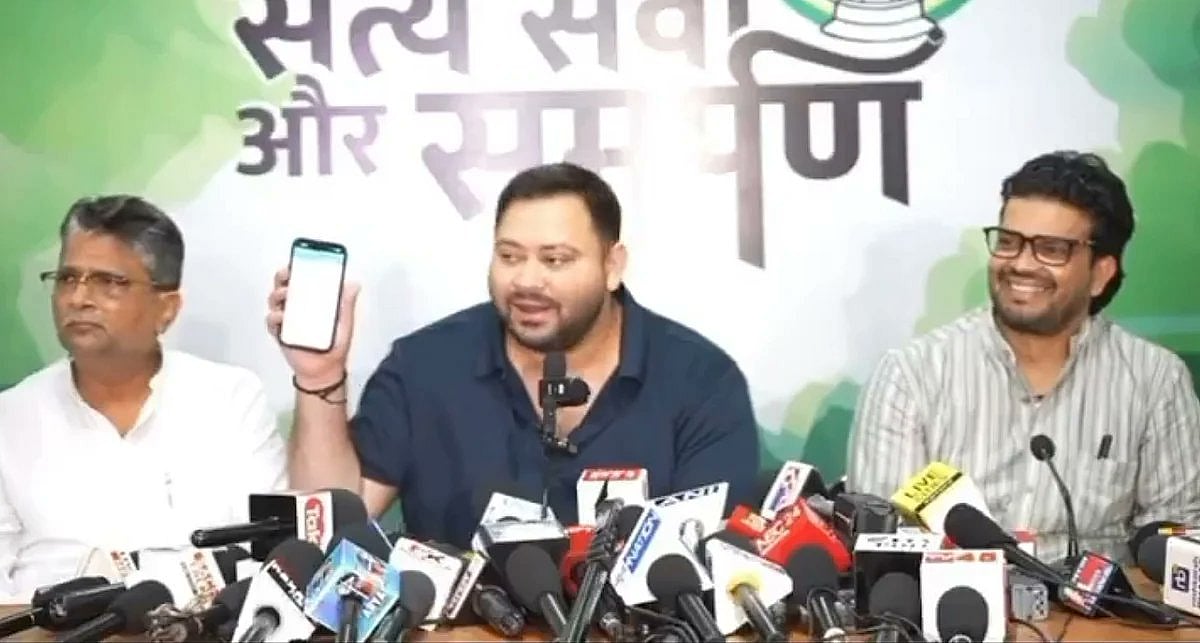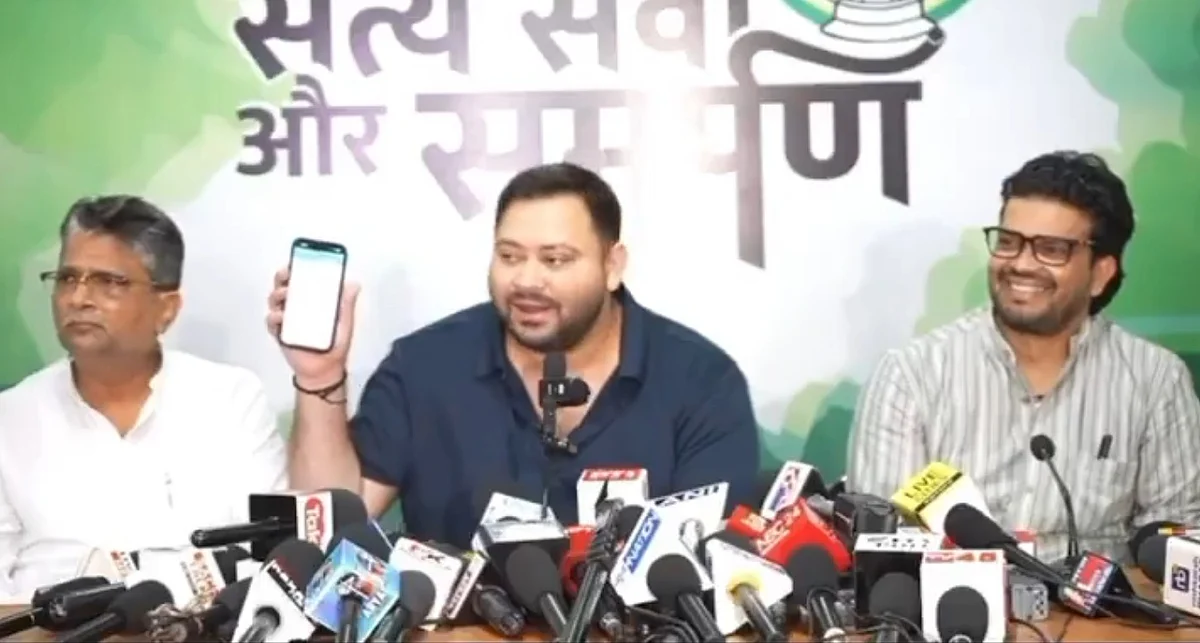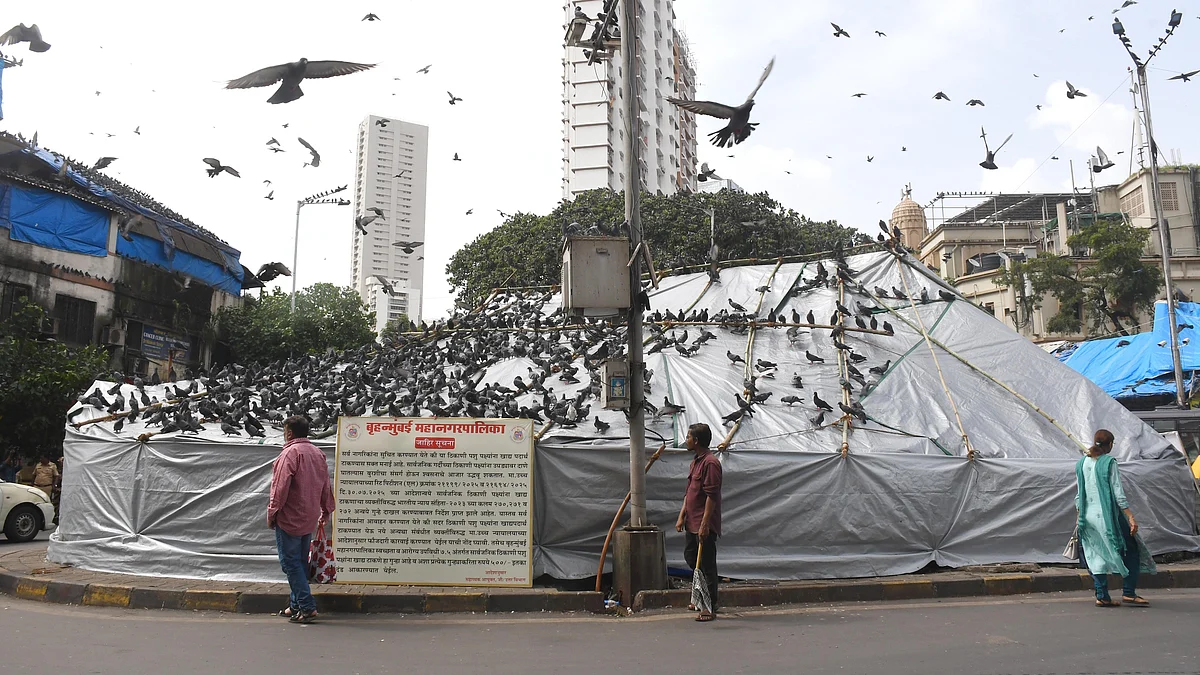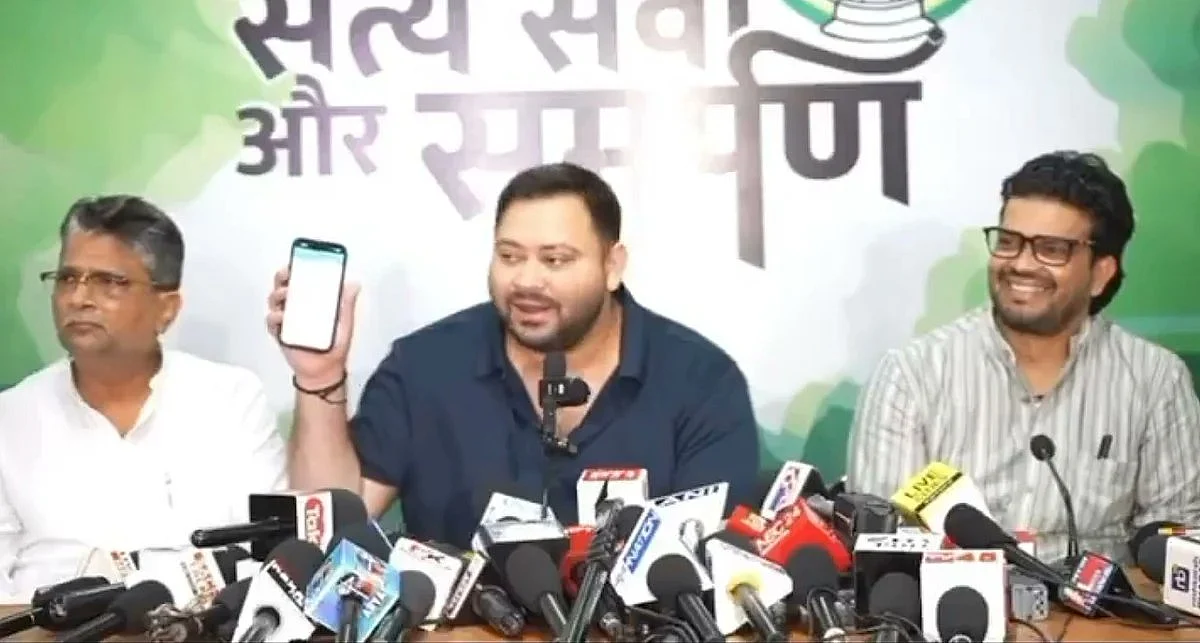The Opposition’s row over the Intensive Special Revision (SIR) of electoral rolls in Bihar is a classic case of pronouncing guilt on mere suspicion. The way a constitutional authority like the Election Commission has been accused of working to ensure the ruling NDA’s victory in the upcoming Bihar Assembly elections is a sad commentary on the Opposition’s intent.
The EC has confirmed that nearly 65 lakh names have been deleted from the electoral roll. Among them, 22.34 lakh are deceased, 36.28 lakh have migrated out of their constituencies, and 7.01 lakh were registered in more than one constituency.
The names of the dead or migrants are rarely deleted. Media reports earlier suggested Bihar had the highest number of centenarians among voters. Bihar is no Japan, where living past 100 is common. This indicated that many who were long dead were still alive on paper.
Migrants often enrol as voters where they live but don’t get their names deleted from their home constituencies. I can say this with authority. Until recently, I didn’t know that despite being a Delhi voter, I was also enrolled in Bihar. I left Bihar in the early 1980s and never registered there. Apparently, someone in my extended family gave my name, and it was never verified. It’s possible someone else voted in my name. If it could happen to me, it could happen to millions of migrants.
The Opposition’s case is based on the assumption that their vote bank is being purged. They have long blamed EVMs for their defeats without proving that outcomes can be manipulated. They have no complaints when they win, but EC and EVMs become convenient scapegoats when they lose. Why would the EC favour the BJP in Maharashtra but not in Karnataka, where the BJP lost to Congress? Or in West Bengal, where the BJP threw everything into the election and still lost to the Trinamool Congress?
The Opposition’s strategy is driven by the Congress party, and all decisions in the Congress are taken by one individual, Rahul Gandhi. He has shown that he is a bad loser, unwilling to accept the mandate with humility. He believes he is being denied the chance to become prime minister under a sinister design involving the EC. However, when he was projected as the PM the first time in 2014, Congress was in power. And all three election commissioners were appointed by the Manmohan Singh government. Yet, instead of accepting that voters rejected him, the blame was placed on EVMs.
The Congress-led Opposition has long demanded a return to ballot papers. If ballots were foolproof, EVMs wouldn’t have been introduced. Going back to ballots would mean returning to a time when democracy was reduced to mobocracy. I remember voting out of curiosity when I was just 10. My father was posted in Hajipur, and on polling day, the school was closed. I walked to a nearby polling station at Hajipur Kachahari. Someone handed me a paper chit and asked me to stand in the queue. That was the 1972 Assembly election. The polling officers gave me a ballot, and I stamped the Cow and Calf symbol. My vote didn’t help Congress win Hajipur, but I had voted as a kid.
The first instance of booth capturing in India was reported from Rachiyari village in Begusarai in 1957. Until EVMs arrived, booth capturing was common. There is a difference between bogus voting and booth capturing. What I did as a child was bogus voting, casting a vote in someone else’s name. Booth capturing involved goons taking over polling stations and preventing genuine electors from voting. Ballots are stamped en masse. Another method still in use is voter intimidation. Party musclemen prevent voters from stepping out on polling day in areas favouring the rival party. This explains why voter turnout in many Bihar constituencies remains abysmally low. While booth capturing is largely gone, bogus voting still happens with the complicity of polling officials.
The larger question is: does the Opposition want to return to the same mockery of democracy that once prevented non-Congress parties from growing? It is possible that during the SIR, some genuine voters were omitted, but they have been given a window to reapply. Removing names of the dead, migrants, or illegal infiltrators from Bangladesh, Myanmar, and Nepal should not be questioned. These infiltrators are often given documents by vested interests in exchange for votes. That robs bona fide Indians of their right to choose their representatives.
The Opposition’s protest is more an act of desperation, since fair means are not helping them come to power, neither at the Centre nor in Bihar.
If the Bihar SIR helps cleanse the very roots of democracy, it is high time to initiate the same process in Assam and West Bengal, two states that are due to go to the polls next year. A large number of illegal infiltrators from neighbouring countries are allegedly present in these two states. Cleansing the rolls in Bihar right now is not just a bureaucratic exercise; it is a democratic necessity.
Ajay Jha is a senior journalist, author and political commentator.











